Hydrocodone is a useful drug, but frequent, prolonged use or abuse of the drug can result in an addiction that requires a Hydrocodone detox.
Detoxifying from Hydrocodone is the process of weaning off the drug while eradicating the withdrawal symptoms.
During this process, a patient will gradually receive doses of a substitute drug that consists of chemical characteristics similar to Hydrocodone.
This is given as a replacement in order to slowly reduce the level of the drug in the body.
The detox process is carried out by designing a treatment programme that lasts a period of weeks or months.
The theory behind the detox process is that the substitute drug selected possesses the same chemical and pharmacological characteristics as Hydrocodone but does not lead to the person becoming physically dependent.
This is because substitute drugs do not tend to generate feelings of euphoria like Hydrocodone does.
Longer acting drugs with a longer half life are usually selected for detox treatment as they can stave off the unpleasant withdrawal symptoms that a person is experiencing for a longer period of time.
The person will then as the weeks go by begin to stabilise from the physical effects of the drug and start to work on the psychological reasons that formed their addiction to Hydrocodone.
Supportive Environment

Hydrocodone addiction is a long term condition and there is a high relapse rate for those people looking to go through the detox process as part of their recovery. (10,15)
It is has been strongly recommended therefore that someone who is attempting a detox treatment from Hydrocodone has a stable and supportive home life in order to maximise their chances of recovery.
This means that he / she has somewhere to live so they can have regular healthy sleep, at least three nutritious meals a day, and space to relax.
It’s also beneficial to have people close by who have the individual’s best interests at heart, and who respect their boundaries. This ensures there’s less chance of conflict or stress arising.
If any of these supportive factors are missing, it could adversely affect their progress towards recovery from drug dependence.
At OK Rehab, we offer free advice from a team of non-judgemental professionals, many of whom are in recovery and understand how hard it can be to change your relationship with addiction.
To find out more about Hydrocodone detox, simply reach out to our 24/7, confidential hotline on 0800 326 5559.
Individual Hydrocodone Detox

Everyone going through a Hydrocodonedetox will have a thorough assessment to identify the level of their dependence.
Every person is different in terms of the amount of Hydrocodone they consumed, the frequency in which they took the drug and the length of time they took the drug for.
They may also have problems with other substances like alcohol, and cannabis which need to be accounted for.
Some people may have other diagnosed physical and mental health conditions which need to be reviewed before deciding on a final detox treatment plan.
If a person has another co-occurring mental health condition it maybe best for them to have the detox treatment in an inpatient setting so they can be closely monitored.
Established Treatments for Hydrocodone Detox
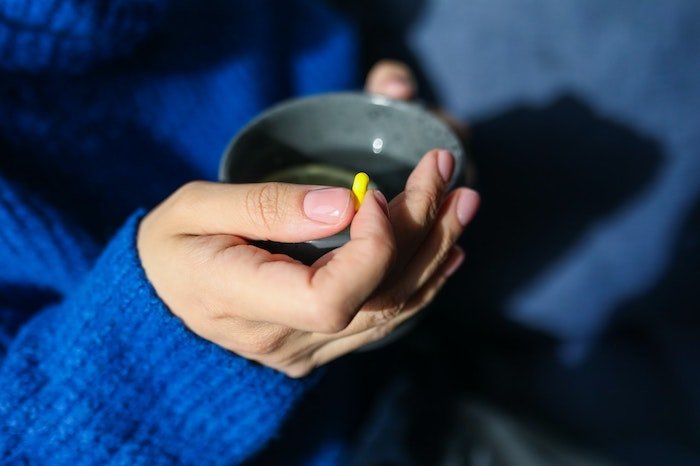
It is has been commonly accepted for many years that the key medical treatments that are most effective in carrying out a successful Hydrocodone detox procedure need to eliminate the opioid safely and effectively.
These are Methadone, Buprenorphine and Naltrexone.
Both the World Health Organisation and the National Institute of Health and Care Excellence in the UK advocate the use of Methadone and Buprenorphrine for treating any opioid addiction. (11,13a)
At OK Rehab, we offer free advice from a team of non-judgemental professionals, many of whom are in recovery and understand how hard it can be to change your relationship with addiction.
To find out more about Hydrocodone detox, simply reach out to our 24/7, confidential hotline on 0800 326 5559.
Methadone for Hydrocodone detox
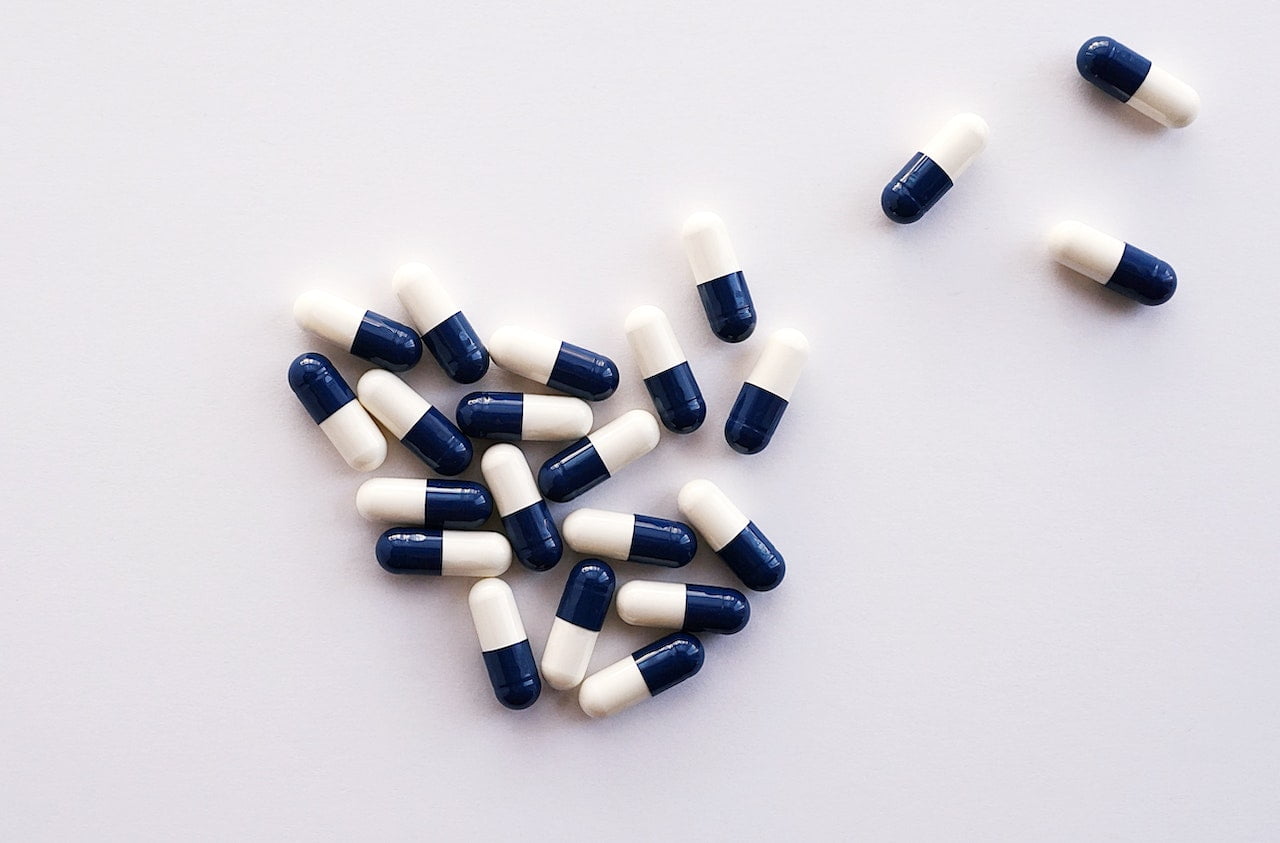
Methadone has proved to be a highly recommended and reliable substitute drug used for detox from any opioid based drug such as Hydrocodone over the years.
Methadone is a synthetic opioid, meaning it has been created by scientists rather than being a naturally occurring drug.
One of the main reasons why it is such a reliable treatment option is because unlike the faster acting opioids like Hydrocodone that people become addicted to Methadone’s chemical properties provide a longer duration of action which enables withdrawal symptoms to be held off for a period of 24 hours.
This means people are only required to take it once a day. (9) This will enable a person to gain stability and predictability in their quest to lose their physical dependence on the drug.
This is in contrast to the faster acting Hydrocodone that people could have taken more than once a day. Even though this version is a faster acting drug, its effects can wear off quickly.
This results in people needing to take the drug more often for it to continue to have the same effect.
As Hydrocodone was prescribed for pain relief it needed to be fast acting, however, the downside of this is that it is potentially highly addictive if people became too reliant on it and begin to overuse it.
Two approaches to utilising Methadone

There tend to be two approaches in which Methadone is utilised to help someone recover from their physical dependence on Hydrocodone.
It can either be used as a Hydrocodone detox option where patients are giving daily doses which are gradually reduced over a period of months so that their bodies become free from any physical traces of the drug, and eventually the Methadone as well.
Methadone can also be used as a maintenance treatment option where patients receive the same dose size of Methadone for a long period of time, this is known as Methadone Maintenance Therapy. (8,11)
At OK Rehab, we offer free advice from a team of non-judgemental professionals, many of whom are in recovery and understand how hard it can be to change your relationship with addiction.
To find out more about Hydrocodone detox, simply reach out to our 24/7, confidential hotline on 0800 326 5559.
Methadone Dose
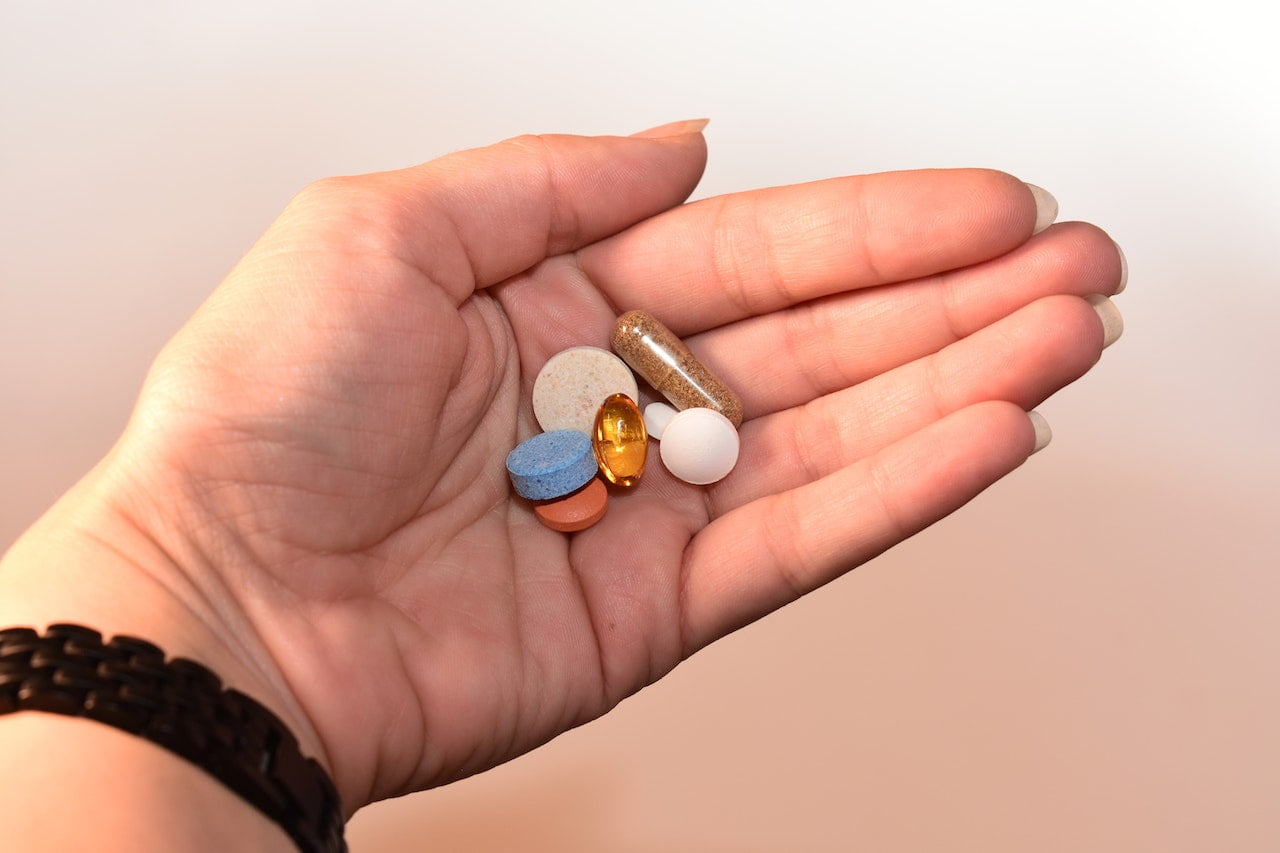
For the best treatment outcome it is better for patients to consume the minimum amount of Methadone each day to satisfy their withdrawal symptoms and nothing more.
The initial challenge for medical practitioners is to identify the specific dose that can help them achieve this.
People starting off on Methadone treatment will therefore start somewhere between 10mg and 30mg a day to see if this is sufficient to prevent withdrawal symptoms from surfacing.
This is because patients shouldn’t be taking more than they need to as the aim is to slowly reduce the amount of Hydrocodone that is present in their blood levels. (12)
If the initial does is not sufficient enough to stave off withdrawal symptoms then there may be a period of experimentation necessary to establish which minimum dose level is enough to prevent withdrawal symptoms from appearing. (8)
Other relevant information

It is essential to stick to the individual treatment plan provided and not deviate from it at all!
If you do end up deviating from it then contact your GP, substance misuse nurse or key worker immediately.
The prescribed doses are based on calculations made after reviewing the patient’s case history along with any medical information obtained from blood or urine tests to assess the levels of Hydrocodone in the body.
Any disruption to the prescribed treatment plan can set people back in their progress and readjustments would need to be made to their Hydrocodone detox schedule.
To proceed with the treatment people are written a prescription by an appropriately qualified medical practitioner and once they receive this they can collect this prescription at a pharmacy of their choice.
In the early stages of their treatment they will be required to consume the dose at their designated pharmacy on a daily basis and monitored closely.
Patients can select a regular time based around their own individual circumstances and build this into a routine which fits around other commitments and activities in their lives.
Buprenorphine for Hydrocodone detox
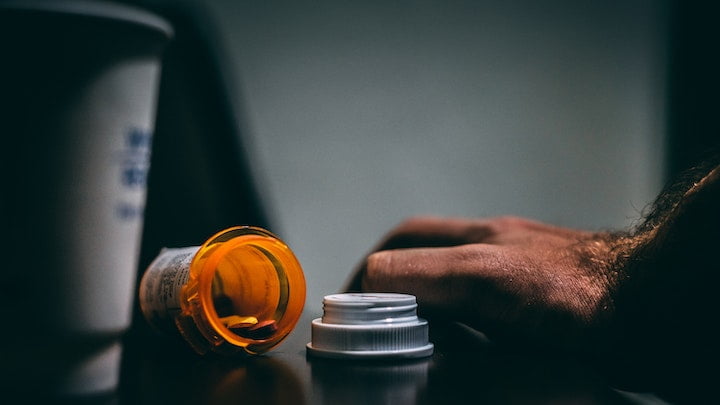
Another treatment strongly recommended to be used for detox from Hydrocodone is Buprenorphine.
Just like Methadone, it is a long acting substitute drug which can prevent someone experiencing withdrawal symptoms for 24 hours. (6)
Buprenorphine is not swallowed but positioned under the tongue and left to be slowly absorbed by the body, which is compatible with its role as a long acting replacement drug.
Buprenorphine is considered a highly appropriate treatment for those who have become physically dependent on Hydrocodone as it possesses the ability to ensure people who consume it do not experience any unpleasant withdrawal symptoms.
Additionally, Buprenorphine decreases the risk of psychological dependence by not generating any feelings of euphoria which the fast acting Hydrocodone does.
At OK Rehab, we offer free advice from a team of non-judgemental professionals, many of whom are in recovery and understand how hard it can be to change your relationship with addiction.
To find out more about Hydrocodone detox, simply reach out to our 24/7, confidential hotline on 0800 326 5559.
Advantages of Buprenorphine
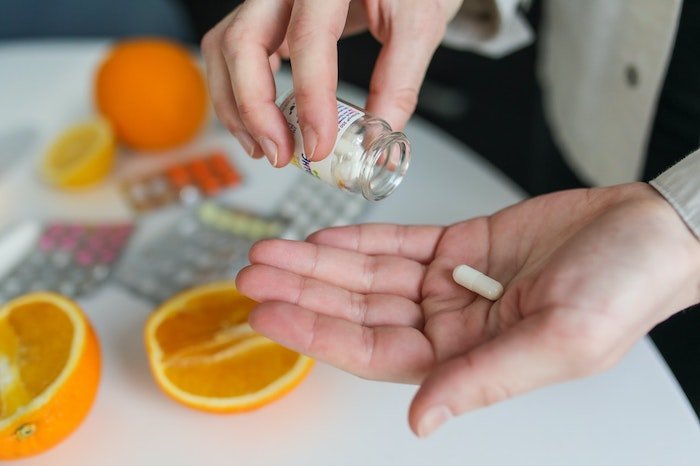
One advantage of Buprenorphine for a Hydrocodone detox is that people who take it tend to report fewer unpleasant side effects when slowly coming off the drug.
Buprenorphine is only a partial opioid agonist, so it doesn’t fully attach to the opioid receptors in the brain and therefore does not cause as much of a powerful effect as full agonists (like Hydrocodone) would.
Because of this a person is unlikely to obtain an intense feeling of euphoria when taking the substitute drug. This reduces the psychological dependence towards the drug. (8,15)
Another advantage that Buprenorphine has over Methadone is that there is a significantly less chance of overdosing when taking Buprenorphine.
At OK Rehab, we offer free advice from a team of non-judgemental professionals, many of whom are in recovery and understand how hard it can be to change your relationship with addiction.
To find out more about Hydrocodone detox, simply reach out to our 24/7, confidential hotline on 0800 326 5559.

This is because the chemical properties of Buprenorphine are able to attach to receptors effectively enough to prevent any effects that Hydrocodone would have if its is consumed which strongly minimises the likelihood of an overdose. (8,15)
When a person takes Buprenorphine at greater amounts it tends to take on the role of an opioid antagonist and stops any other opioid drugs that may be taken from generating feelings of relaxation and pleasure.
This will also reduce the strength of any psychological dependence that the person may have towards Hydrocodone as experiencing euphoria is a powerful motivator for continued use of the drug. (15)
It is also worth mentioning that most opioid drugs tend to decrease the process of respiration in people, the more of an opioid drug someone consumes the more vulnerable someone is to their respiratory system decreasing in efficiency.
People taking Buprenorphine as a substitute drug can be reassured that their respiratory system will not be so negatively impacted when it is taken. (6)
Naltrexone for Hydrocodone detox
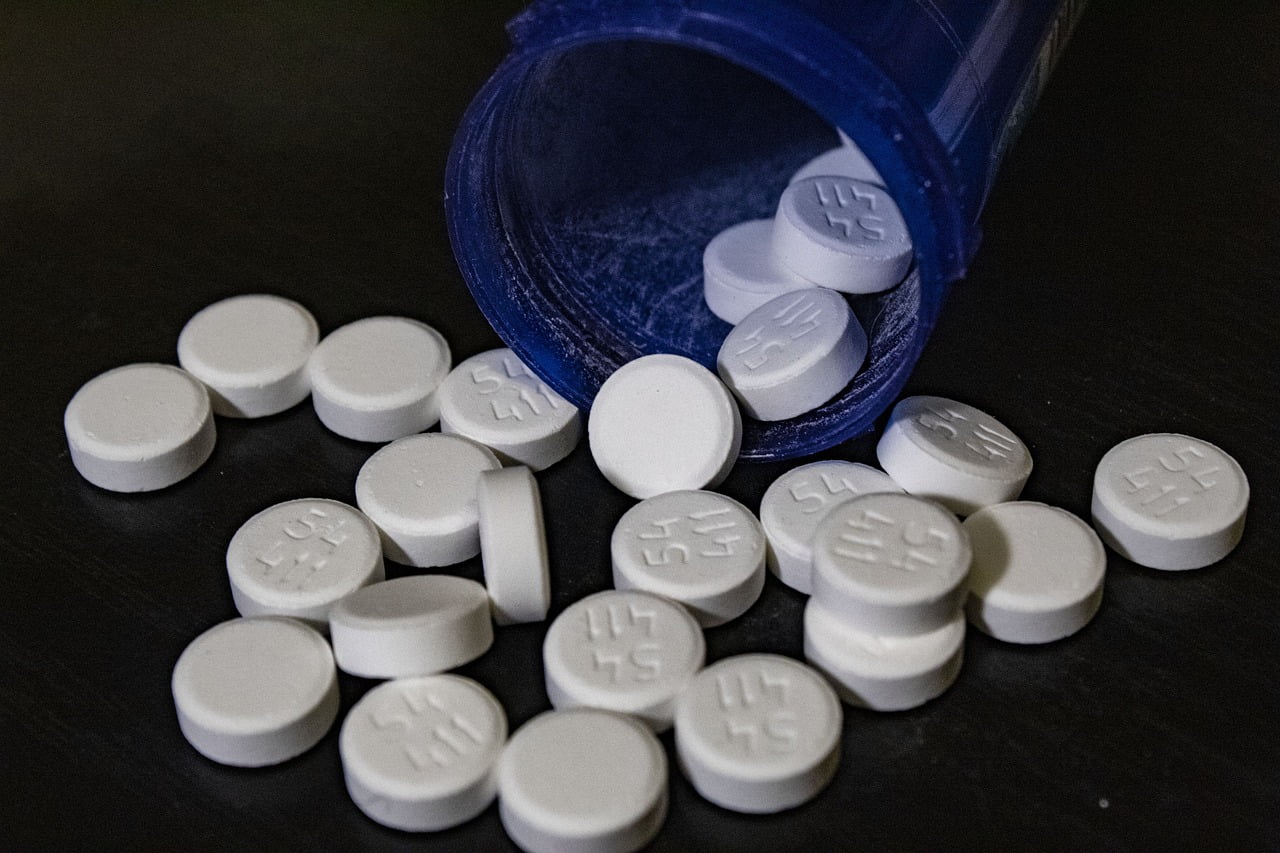
Another drug available and highly recommended for use for Hydrocodone detox is Naltrexone.
Naltrexone is different to Methadone and Bupronorphrine as it acts by blocking the pleasurable and calming effects of other opioids when they are taken so that they become redundant and unable to produce their usual effect. (5)
It is an opioid based antagonist and its main therapeutic function is to cancel out the effects of any Hydrocodone that it consumed.
As an opioid antagonist it is able to attached to opioid receptors in the human brain but importantly it contains chemicals that do not actually trigger the neuron into action, which means there is no effect generated.
As it attaches to the opioid receptors no other drugs taken are able to replace it on the receptors and are therefore not able to exert their usual effects.
Before beginning a course of Naltrexone, it is vital that all traces of Hydrocodone have been removed from the body.
It’s essential this treatment is only given to those who are highly motivated to maintain their recovery and who have successfully gone through detox treatment. (8)
At OK Rehab, we offer free advice from a team of non-judgemental professionals, many of whom are in recovery and understand how hard it can be to change your relationship with addiction.
To find out more about Hydrocodone detox, simply reach out to our 24/7, confidential hotline on 0800 326 5559.
Psycho-social factors

The term psychosocial refers to both the psychological and social factors that need to be attended to to ensure a successful recovery from drug dependence.
It is has been widely acknowledged within the medical profession that people going through the detox process are more likely to succeed if they have worked on the psychosocial factors in their life as well.
The detox process alone is not enough to sustain a healthy recovery, and people’s failure to work on the psychosocial factors in their lives has led to them relapsing. (9,15)
Psychological factors include being able to deal with stress effectively without being overwhelmed by it.
We all encounter many difficulties in our lives so people need to develop effective coping skills to deal with adversity without resorting to taking various substances to help them cope. (13,15)
Regular sessions with a counsellor can help people recognise the triggers for their drug use and with the help of a therapist people can develop healthier thought patterns which they can utilise when faced with stressful situations.
Social factors refer to our relationships with our friends, family and work colleagues.
Relationships involve a great deal of compromise and understanding, so its important to be able to interact positively with others without causing them any stress and negativity and to be able to respect their boundaries, whilst also clearly stating ours.
Its also important for people to think about the kind of life they would like to have, what job they want, or whether they would like to study instead.
It can benefit people greatly if they engage in hobbies and activities that they find meaningful and for them to get involved with their local community more often.
Its important for people to think about life they want to live without without the presence of drugs and finding ways to get involved in the community has been found to have great therapeutic value for those attempting recovery from substance misuse. (12a)
At OK Rehab, we offer free advice from a team of non-judgemental professionals, many of whom are in recovery and understand how hard it can be to change your relationship with addiction.
To find out more about Hydrocodone detox, simply reach out to our 24/7, confidential hotline on 0800 326 5559.

References
(1) Buttner, B, (2014) The Neuropathology of Drug Abuse in Madras, B. & Kuhar, M. (ed) The Effects of drug abuse on the human nervous system. Academic Press. London
(2) DrugAbuse.gov (2021) Prescription Opioids Drug Facts available (online) @Prescription Opioids DrugFacts | National Institute on Drug Abuse (NIDA)
(3) Harvard Health Publishing (2013) Caution: These are the Most Addictive Pain Meds.
available online @addictive pain meds – Harvard Health
(4) Harvard Health Publishing (2019) Treating Opiate Addiction
available online@Treating opiate addiction, Part I: Detoxification and maintenance – Harvard Health
(5) Hopkins University Medicine (2021) Opioid Addiction
available online @ Treating Opioid Addiction (hopkinsmedicine.org)
(6) McBride, A. (2003) Some Drugs of Misuse in Peterson, T. & McBride, A. (ed) Working with Substance Misusers: A Guide to Theory and Practice London. Routledge.
(7) McNally, H. (2018) Opioid Dependence: A Clinical and Epidemiologic approach. Springer. USA
(8) Merrill, J. (2003) Medical Approaches and Prescribing: Drugs. in Peterson, T. & McBride, A. (ed) Working with Substance Misusers: A Guide to Theory and Practice London. Routledge.
(9) Morse, G. (2007) Care of Opiate Users: Detoxification in Beaumont, B. (ed) Care of Drug Users in General Practice Radcliffe Publishing. Oxford
(10) Moss, A, Dyer, K (2010) The Psychology of Addictive Behaviour. Palgrave McMillan. New York
(11) National Health Service (2021) Methadone: Medicine to treat Heroine Dependence
available online@Methadone – medicine used to treat heroin dependence – NHS (www.nhs.uk)
(12) National Institute for Health and Care Excellence (NICE) (2007) Drug Misuse in Over 16s: Opioid Detoxification
(12a) Orford, J. (1992) Community Psychology: Theory and Practice. John Wiley &Sons. Chichester
(13) Rassool, G.H. (2011) Understanding Addictive Behaviours. Palgrave MacMillan
(13a) World Health Organisation (2021) Opioid Overdose
available online@Opioid overdose (who.int)
(14) Wills, S. (2005) Drugs of Abuse. Pharmaceutical Press. London
(15) Yoon, R. (2014)Opioid Addiction In Herie, M. & Skinner, W. (ed) Fundamentals of Addiction: A Practical Guide for Counsellors. CAMH. Canada






